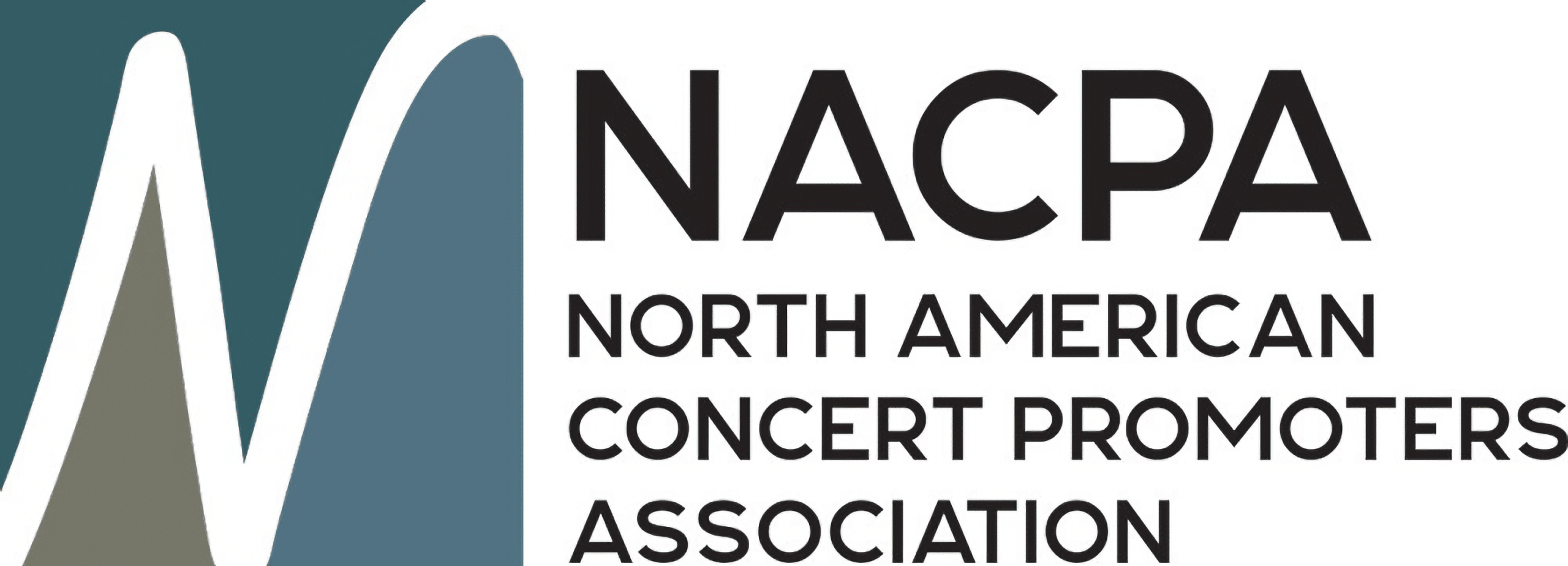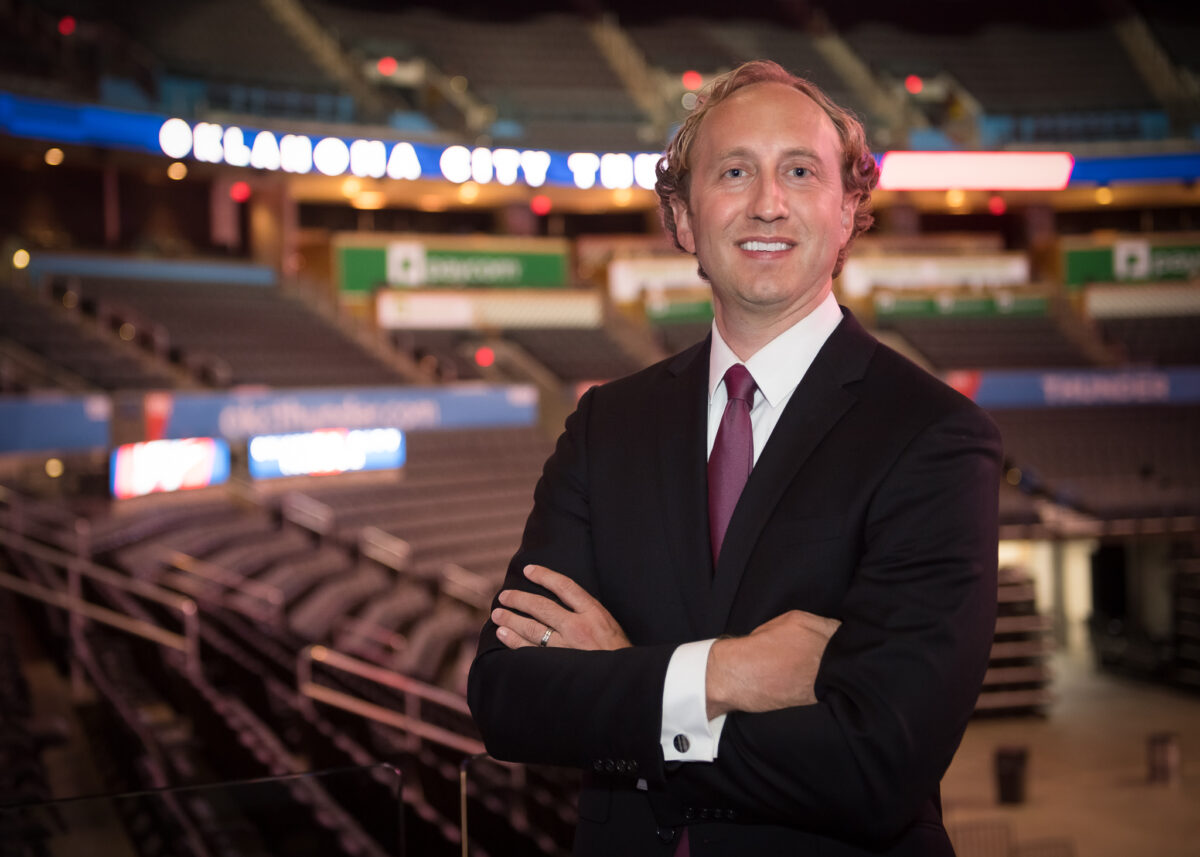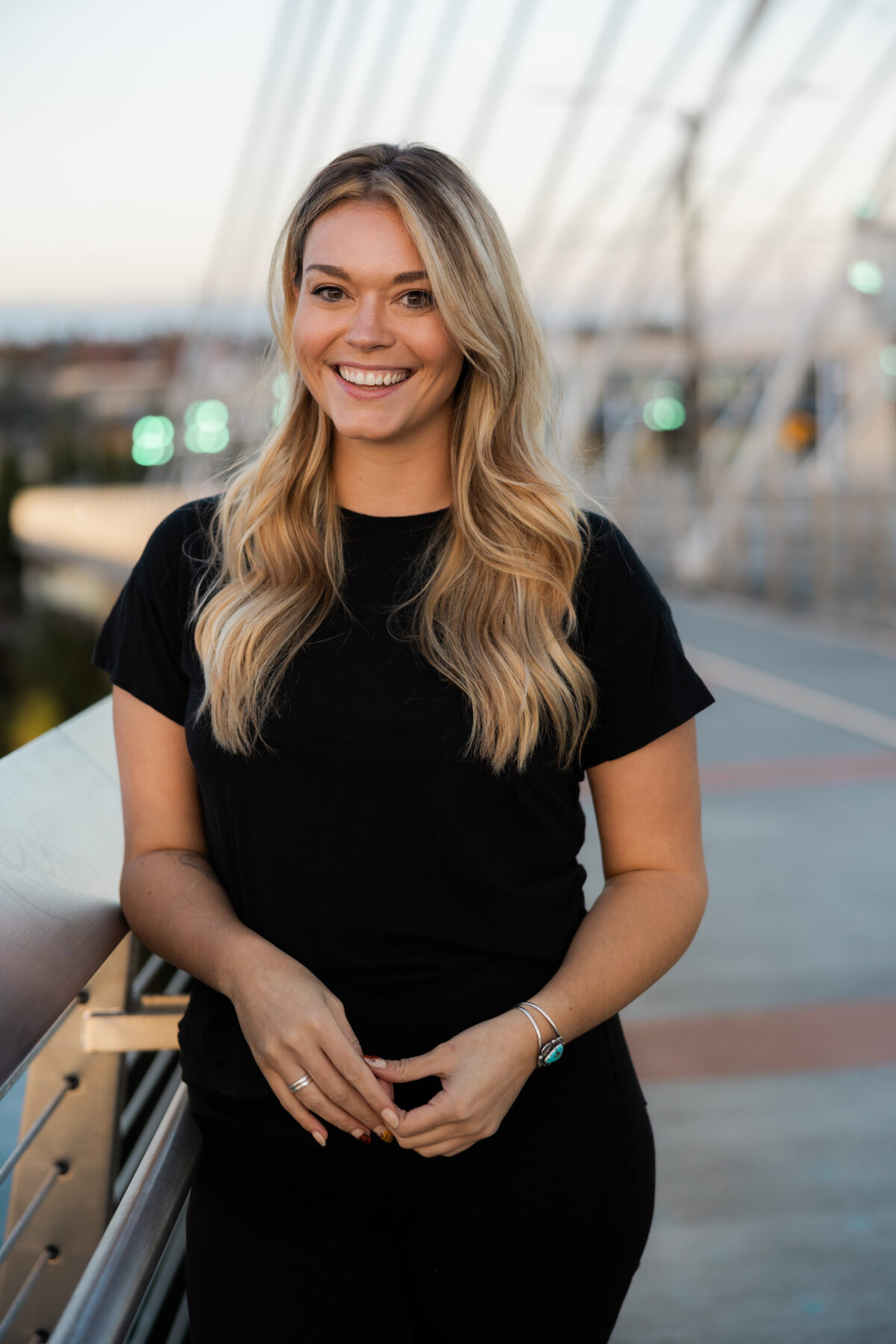The following is the second installment from an unfinished autobiography for legendary William Morris agent Dick Alen:
Back in the relative quiet of Los Angeles, I had work to do for my new client. It was nothing unique. Artists like Jerry Lee have common expectations. They assume that if you sign them on March 1, they’re going to be playing in front of an audience by March 3. Truth is, the first gig they get is in September. The agent needs lead time. We need to put a tour together; we need avails.
And I needed to see what Jerry’s last agency already had on the books. I asked for all existing contracts and the agency, as an order of business, gave them to me.
There was one existing contract that stood out. It was good news for Jerry: a traditional rock ‘n’ roll show. It was a big one, too. It was a festival. One that drew 100,000 people.
And that festival was in France.
This was a good thing. Maybe the U.S. wasn’t into the roots of rock and roll music, but Europe has always embraced it. It’s no secret how much artists like Keith Richards has adored and was influenced by the pillars of rock like Jerry Lee, Chuck Berry and Little Richard. And it just so happened I was representing all of them. This was also a good time too for Berry, who was still celebrating his first and only No. 1 single, “My Ding-a-Ling,” which topped the pop charts in 1972 and was recorded live in England.
I had already booked Berry to close the same festival.
I took a close look at Jerry Lee’s contract. Jerry Lee was also contracted to close the festival.
It was already enough to know that Chuck Berry was going to be headlining to 100,000 drunk and sweaty French in August. Add to that I was now going to need to play liaison between two of rock and roll’s most famous intransigent artists wasn’t making things any better.
And, according to rock legend, Jerry Lee and Chuck famously didn’t get along and the movie “Great Balls of Fire” didn’t help any. But it’s not exactly true. The two have always had a respect toward each other professionally and personally. In fact, back in the early days, they toured more than 50 dates together without incident.
The festival, the Fête de l’Humanité, was tied to L’Humanite, the country’s Communist newspaper. The paper had been a French institution since the turn of the century. It had seen its rises and falls but, in the early ’70s, it was still an influential voice for the country.
Fête de l’Humanité began in 1930 and originally drew about a thousand people sympathetic to the communist cause. But by the early ’60s, the festival became a tradition and the audience didn’t need to be Communists to enjoy it. It kept a permanent residence at Parc Departemenatal de La Courneuve, a massive public park about 15 kilometers north of Paris.
Jerry Lee’s contract had been drawn up by the office of Albert Koski, France’s main promoter for rock acts, bringing in everyone from Neil Young to Stevie Wonder. He was the festival’s promoter at the time. As late as 1981, he worked with the government to bring the Rolling Stones for its first-ever stadium-sized show in France.
But there is no way to sugarcoat it: Koski – or at least his company – made a big mistake. Chuck Berry and Jerry Lee had identical contracts. The saving grace was they were already paid their guarantees.
Berry and Lewis were set to close a festival one year after The Who. Pete Townshend, Roger Daltrey, Keith Moon and John Entwistle were on the eve of Quadrophenia when they headlined the event, starting off their echoing set with “Summertime Blues.” About 100,000 French rocked out while, in the background, the disinterested rode the park’s Ferris wheel and were plied by vendors along the midway. Political speakers lectured them inside tents. Johnny Hallyday was a repeat performer, and Joan Baez and Pink Floyd were also headliners.
I made an international call to Koski’s company, KCP. Koski answered the phone and I told him I had in my hands two contracts promising two difficult people the same thing.
Not to worry about it, Koski said. He would take care of it.
In those days, was complicated to take acts overseas except, obviously, Chuck Berry. It was Jerry Lee I was concerned about. Because I handled Chuck Berry all those years, I knew the different talent buyers who liked the original rock and roll so I was able to sell Chuck to Europe often. Chuck, of course, has always traveled cheaply, going everywhere with just a suitcase and maybe an ES-355, recruiting whatever local artists were willing to be in his pickup bands. He’s played with 16-year-old nobodies to an undiscovered Bruce Springsteen. It’s just a matter of calling them into the dressing room, asking them if they know “Maybelline” and if they say yes, it’s a go. He’s always said that if you don’t know how to play Chuck Berry music you shouldn’t be playing rock and roll. And he’s right.
He’s made a lot of money that way – to this day he still drives the lawnmower at Berry Park.
So Chuck flew alone. That wasn’t going to be the case for Jerry Lee.
Jerry Lee was accustomed to traveling with 20 people. There were three or four first-class seats, 16 in coach and a whole bunch of equipment. That’s relatively easy to do in Tennessee when Jerry Lee, his band and his entourage is just taking a bus from Memphis to Nashville.
There were also hotel accommodations. Jerry Lee needed a three-bedroom suite at one of Paris’ more famous hotels, the George V.
I, too, had a room at George V. We arrive the same day as the festival, which began at noon with some local acts. Chuck and Jerry Lee were to go on around 8 p.m., after Alan Stivell, a Celtic harp player, and French folk singer Catherine Ribeiro.
Chuck had landed that morning.
About this time, Koski came to George V. I opened the door to a tall, darkly tanned man with a mop of long blond hair. He had something to ask me, Judd and Jerry Lee. We met in Jerry Lee’s dining room and pulled pull up some of the hotel’s provincial chairs.
Koski calmly explained the situation to Jerry Lee, that he and Chuck have identical contracts. Would Jerry Lee be so helpful, he asked, as to be the second-to-last act that evening.
Jerry Lee took a sip of his brandy and cocked his head.
No.
There was nothing to do but look at each other and listen to the ice rattle around in the glasses of Jerry Lee and Judd.
The phone rang. I walked across the room and answered it. It was Chuck Berry.
I held the phone and turned to Koski.
“What are you going to do about this?”
“Please,” Koski said. “Ask him if he’ll go on first.”
I talked to Chuck and turned back to Koski.
“He’ll do it,” I tell him. Koski exhaled.
“He’ll do it for more money.”
Koski shook his head no.
There was a heavy price to pay for Koski’s decision. Berry hung up and we spent hours in the hotel room, waiting for calls from Berry each half-hour as he drove around the city. He would call from different phones, not telling any of us where he was at. If he did, we’d be able to track him down and negotiate.
Judd and Jerry kept drinking, and Koski kept saying no. By the time I took Chuck’s fourth call, I had to step over a passed-out Judd to get to the phone.
Noon had turned into the afternoon. And the afternoon turned to early evening. We still needed to travel congested boulevards to the dusty field.
During one Berry phone call, Koski relented. He’d find a way to pay Chuck, stood up and headed back to the fairgrounds.
Chuck Berry was still on the line. “Be in front of the hotel in five minutes,” he told me.
I walked out in front and he pulled up in a rented Chevrolet. I get in; there was no seat belt. He had a map of France, inked with a route to the park. I get into the passenger seat and Chuck floors it.
We were barely out of the city before traffic slowed. Apparently not all of the 100,000 concertgoers were at the fairgrounds. The line of cars stretched 10 kilometers.
When it comes to contracts, Chuck Berry is the most literal client I’ve ever known. He may have delayed all day but now that the contract is in place, and he knew what conditions needed to be met, nothing was going to stop him. He was late getting to the stage. He yanked the steering wheel to the left, turning the car into oncoming traffic. We crossed the lane and hit the shoulder. Chuck took the shoulder the rest of the way, rumbling past hundreds of cars. It was one half-hour after starting time.
We reached the fairgrounds and were met by police. One leaned in our window.
We talked in English but there was one problem: they didn’t know who Chuck Berry was, and didn’t know that they were talking to him. More arrived. There was more argument. It was now an hour past starting time.
The hot August sun was still shining; the sun would not set for several hours. In the background I heard a crowd of young, drunk, mad working-class people.
Chuck Berry turned the car toward the main stage. We could see thousands pressing toward the front of the stage. And the math was easy: in a crowd of this size there were a good dozen assholes already causing serious problems.
We reached backstage, parked and went to Koski’s on site office. He greeted us and, along with the newspaper’s publisher, we sat down at a table. I probably should have expected it: Koski pulled out a check.
He pushed it over to Chuck. There was one redeeming factor: it was for the full amount of Chuck’s request. Two bad things: it was a check, and this was Chuck Berry.
To Chuck’s credit, he said thank you very much. Then he pushed the paper back and said what I knew he would say: “I only take cash.”
Koski tried to persuade him. The box office was back in Paris. There were no tickets sold on the fairgrounds. There was no cash here.
It’s the 1970s; Chuck Berry does not take checks. The IRS would eventually make sure he’d pay for that but, for now, Chuck Berry just went to his dressing room. The crowd waited.
Koski needed cash fast and the nearest source was right in front of him. But L’Humanite’s publisher would have none of it. So Koski started yelling at me. I just yelled back it this is his fault; he should never have signed identical contracts. This was his problem, not mine. I was trying to appease everybody, but I represented Chuck Berry.
Finally, the publisher looked around, grabbed a wastepaper basket and took off. There was nothing for me to do except to wait. I spent my time trying to keep Chuck happy.
We were now well two hours past starting time. Jerry Lee and the band he brought with him probably pulled in around then, and probably found their way to whatever dressing room was assigned to them.
The publisher, panting and sweaty, returned with the basket filled with cash. He somehow strong-armed the vendors into contributing into some kind of an impromptu benefit. The three of us go to the dressing room where Chuck Berry is waiting patiently. He took a look inside the container. He didn’t bother counting it. Instead he said, “I can see that you’re trying. I appreciate that.”
And with that, he headed toward the stage in his silky red shirt and yellow pants, between three and four hours past starting time. The stage is filled with bottles and trash. The front row is police, keeping the crowd away.
Berry tossed an ES-355 around his shoulder, walked onstage, flicked on his amp and turned to the musicians.
“Watch my feet for the pace,” he said, “And watch my guitar for the stops.”
He began the riff for “Johnny B. Goode.” For his contractually obligated hour and not one minute more he ran through his usual set. I want to say Berry turned the crowd into a dancing mass of happy French. That’s never the case for people who’ve waited almost four hours. But at least they stopped throwing stuff.
Minute 59 came to end. Chuck Berry turned off his amp, leaned a guitar against it, and then walked off the stage and toward me.
“OK,” he said. “Let’s go.”
And that was it. We got back in the car, just us and a wastepaper basket of money, leaving behind an exhausted promoter, and traveled down the dirt road, looking for an exit.
Behind us was the familiar sound of a bass drum as Jerry Lee’s band tested the stage sound. Soon I heard the tinkle of piano keys. Koski’s voice came over the P.A, introducing Jerry Lee.
“Mmmmmmm,” Jerry Lee said. “You better open up my honey, it’s me who’s a knockin’.”
Like it once was, Jerry Lee was no longer country. I imagined him kicking away his piano stool as we reached the gate.
I was exhausted. Alone in my room in the George V. Chuck was long gone, catching a flight to another country, another show. It was 11 p.m., still August, still hot.
But it was Paris. The city is was still alive, and I was hungry, and I had friends here. There was no way I wasn’t going to leave without getting a good dinner. I called a few friends I knew here and we met nearby, at a packed bistro.
It was one of hundreds of the best restaurants in the city, which meant it was one of the best in the world. We found a table near the bar and waited for our server. I lifted my head and looked around. Through the crowd I noticed a shock of blond hair.
Koski. A very tired Koski.
He left the same time I did. The headliner was on, the security was in place. To Koski, the show was over.
I reluctantly put my napkin on the table, stood up and took a long slow walk around the tables. Koski was with his wife, film screenwriter and director Danièle Thompson, who may have been better known than her rock and roll husband.
“Albert,” I said, holding out my hand. Koski couldn’t have been more concerned about his dinner.
“It’s been a long day, hasn’t it?” I asked.
Koski snuck a look at his wife, equally blonde and quiet.
I dropped my hand, turned and went to my friends.
It was his fault.


